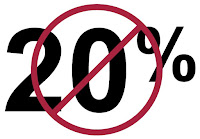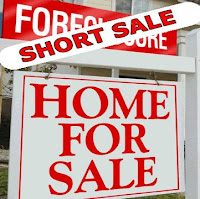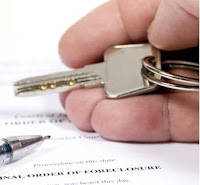Virtual House Tours, Staging & Showings

The COVID pandemic hasn’t stopped people from buying houses. But it has changed how buyers view homes, with technology sometimes replacing the in-person experience. To help keep everyone safer and comply with state and local guidance, agents are using virtual home showings, virtual home tours, and virtual staging instead of or along with open houses, in-person showings, and traditional staging. That means you can buy a home without setting foot inside it. But it also means you need to understand what you are seeing – and not seeing. And you need to know what questions to ask. Here’s a look at the virtual options and some of the pluses and minuses of each: Virtual 3D Home Tours — Good for a First Look With a virtual home tour, a seller’s agent looks to show off a property’s best features. This marketing presentation is what potential buyers see online at a real estate site. It may be a 3D tour o...















